Insights and Inspiration
Explore Our Blog for Expert Moving Tips and Updates
Welcome to the Nilson Van and Storage blog, your go-to resource for all things moving. From practical packing advice to stress-free relocation tips, our articles are designed to simplify your move and keep you informed. Whether you’re planning a local move in Columbia or an international relocation, explore our latest posts for insights, trends, and updates to make your journey smooth and hassle-free.
Expert Guide to Military Moves from Beaufort, SC to Jacksonville, NC

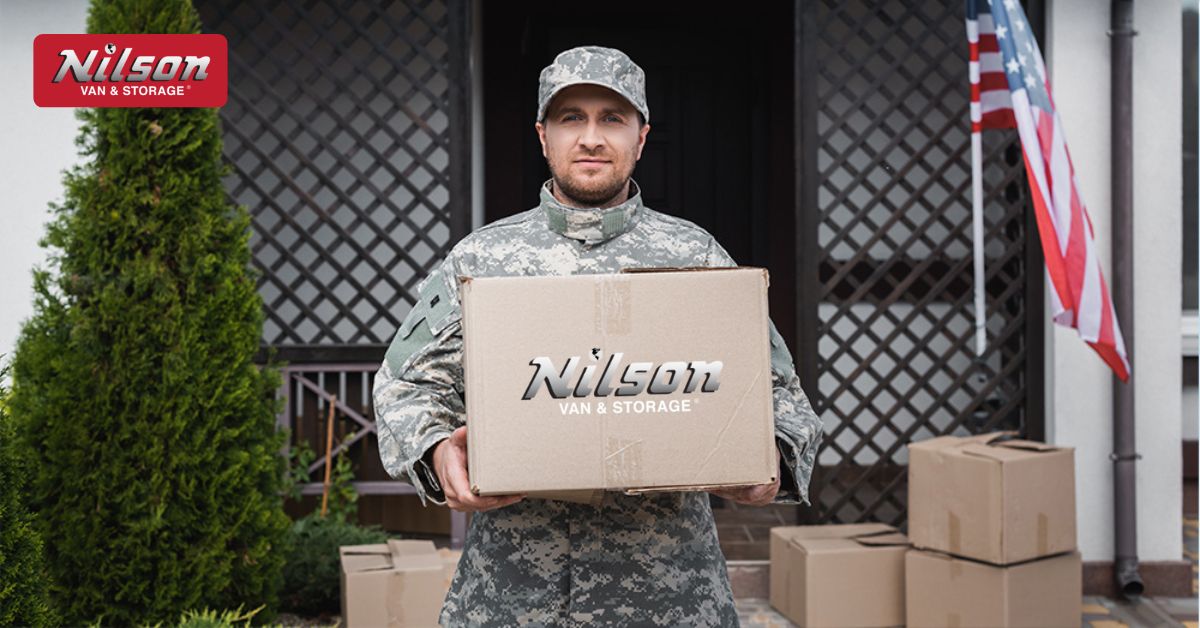
Apr 25, 2025
Expert Guide to Military Moves from Beaufort, SC to Jacksonville, NC
Military moves are a regular part of life for service members and their families, especially those stationed in Beaufort, SC....
Trusted Corporate Movers: Germany to Charleston Business Relocations

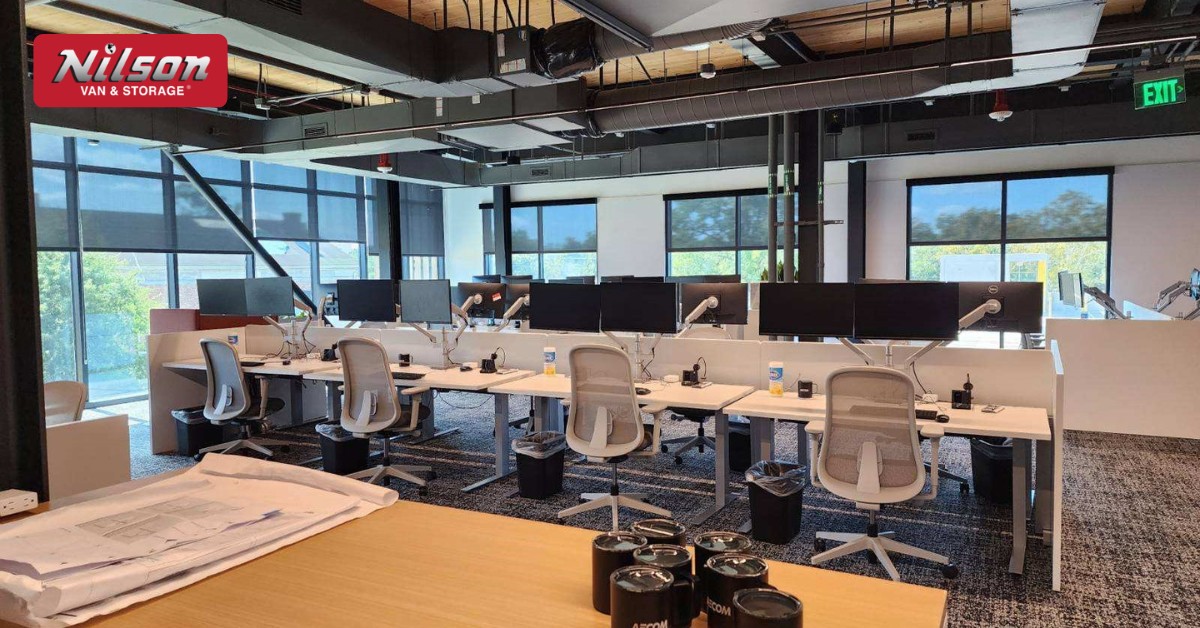
Apr 24, 2025
Trusted Corporate Movers: Germany to Charleston Business Relocations
Relocating a business is a complex undertaking, and when it involves an international move, the challenges multiply. Companies moving from...
Need to Ship from Columbia to Charlotte? Choose Dry Van Transport


Apr 23, 2025
Need to Ship from Columbia to Charlotte? Choose Dry Van Transport
Dry van transport is one of the most reliable and widely used methods for shipping goods between major hubs like...
How Military Packing Ensures Safe Transport to Palm Beach, FL

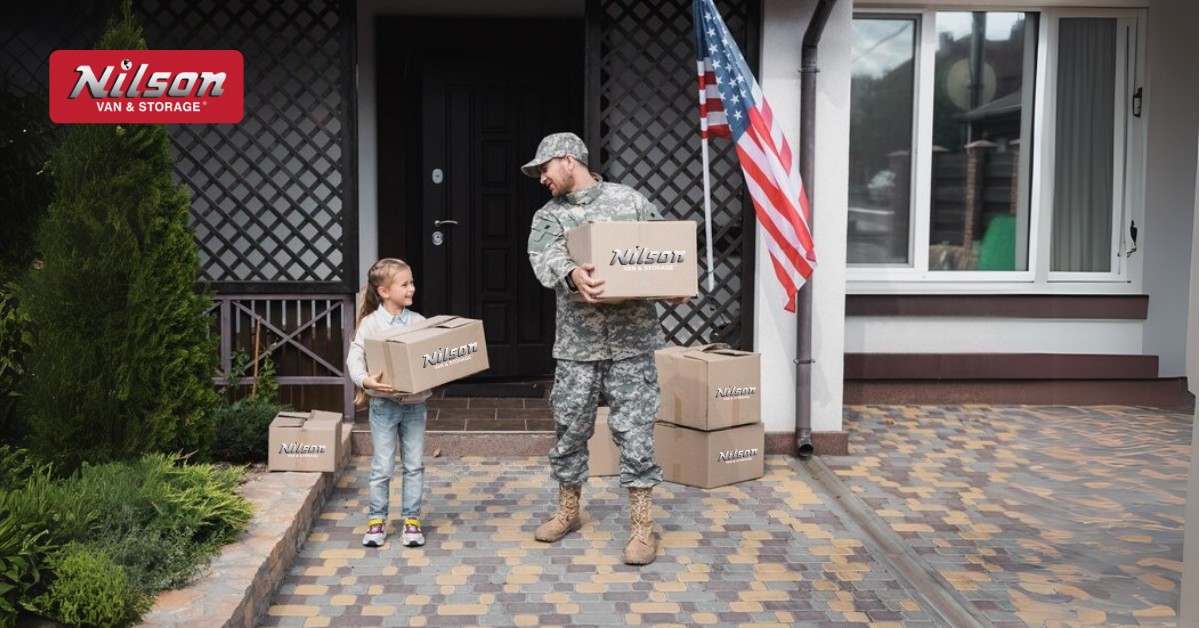
Apr 22, 2025
How Military Packing Ensures Safe Transport to Palm Beach, FL
Military packing is essential for ensuring that service members experience a smooth, secure, and stress-free relocation to destinations like Palm...
What to Expect When Using Car Transport Services in Charleston, SC

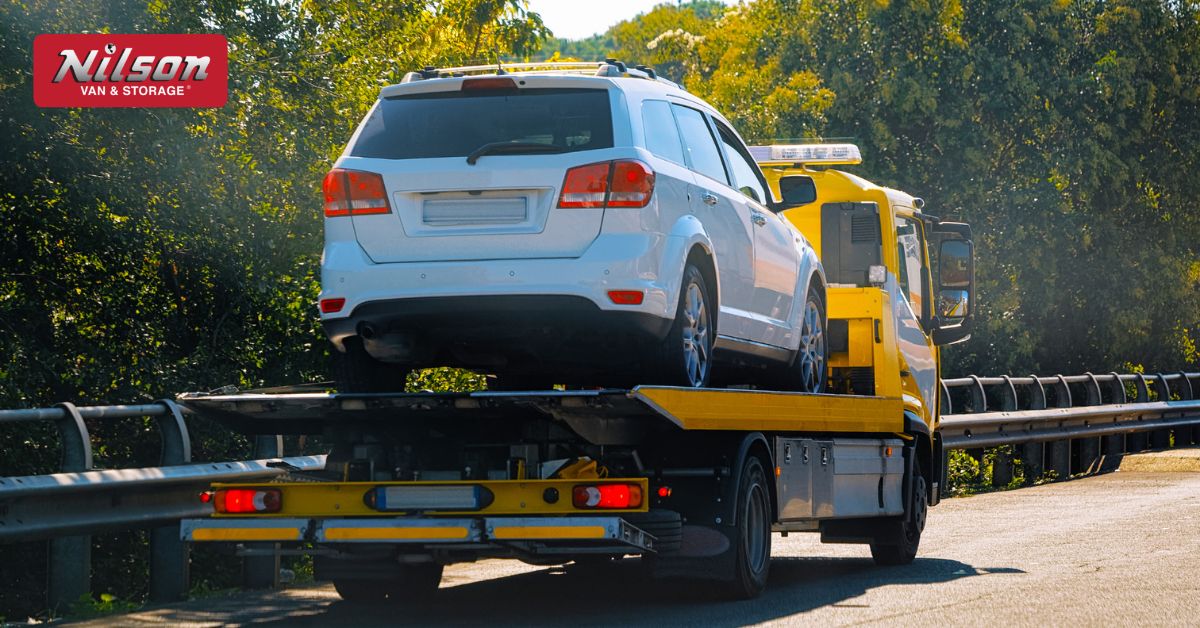
Apr 21, 2025
What to Expect When Using Car Transport Services in Charleston, SC
Car transport services are the go-to solution for individuals and businesses looking to move vehicles efficiently and safely across distances....
How to Plan Your International Move from Germany to Charleston, SC

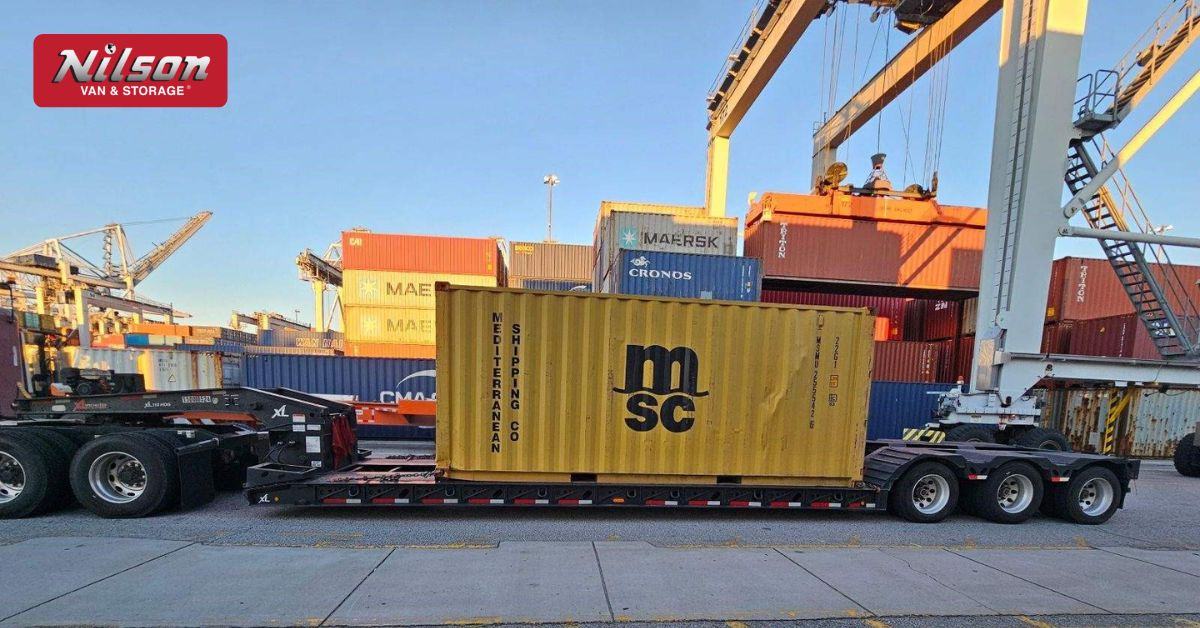
Apr 18, 2025
How to Plan Your International Move from Germany to Charleston, SC
An international move from Germany to Charleston, SC is a major life transition that requires thorough planning, the right resources,...
Benefits Of Using Government Movers and Packers For Moving to Los Angeles

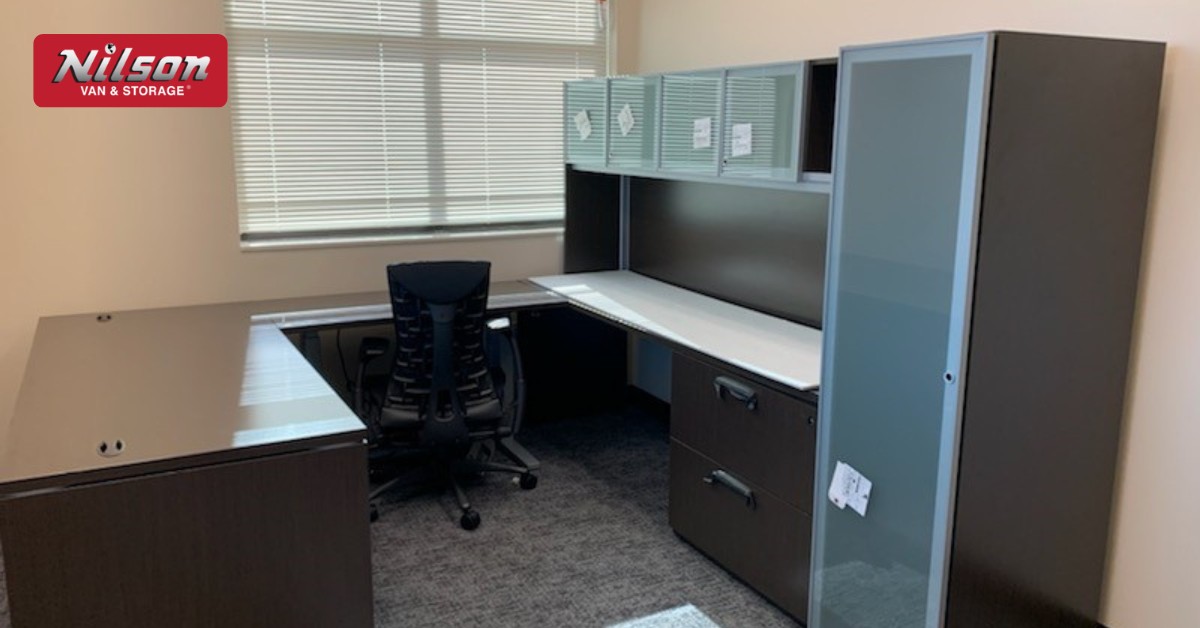
Apr 17, 2025
Benefits Of Using Government Movers and Packers For Moving to Los Angeles
Government office movers play an essential role in ensuring a seamless and efficient relocation for public sector institutions. Unlike traditional...
How Secure Storage Unit in Sumter Can Help While You Move

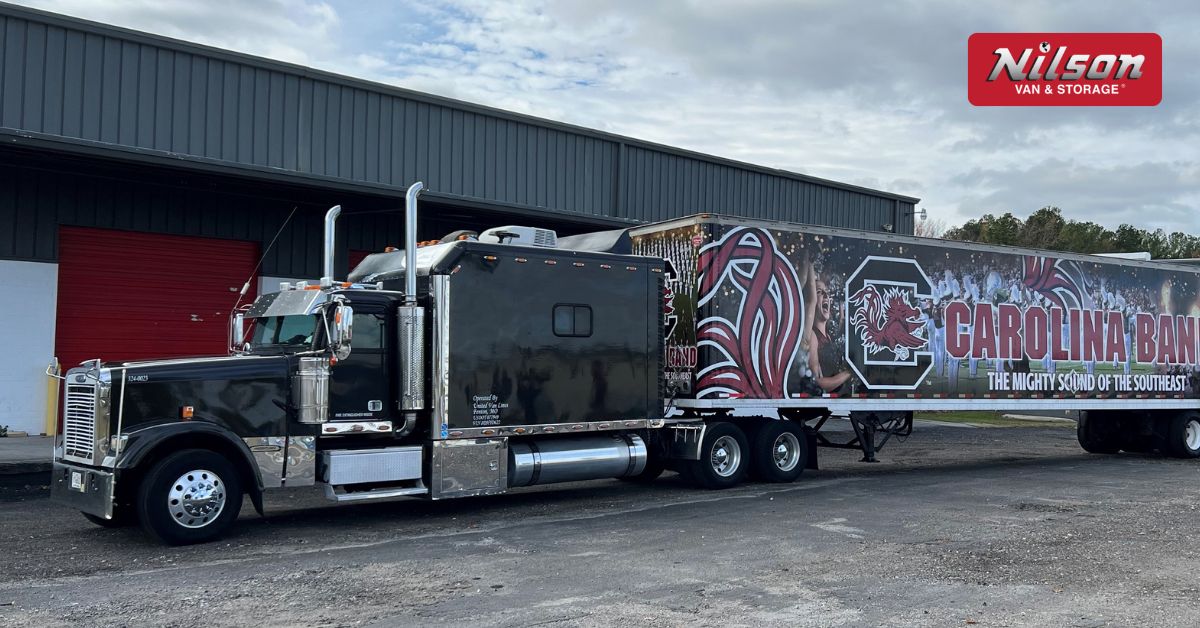
Apr 16, 2025
How Secure Storage Unit in Sumter Can Help While You Move
A storage unit Sumter can be your best ally during a move—especially when the unexpected happens or your timelines don’t...
Benefits of Using Government Movers and Packers For Moving to Los Angeles

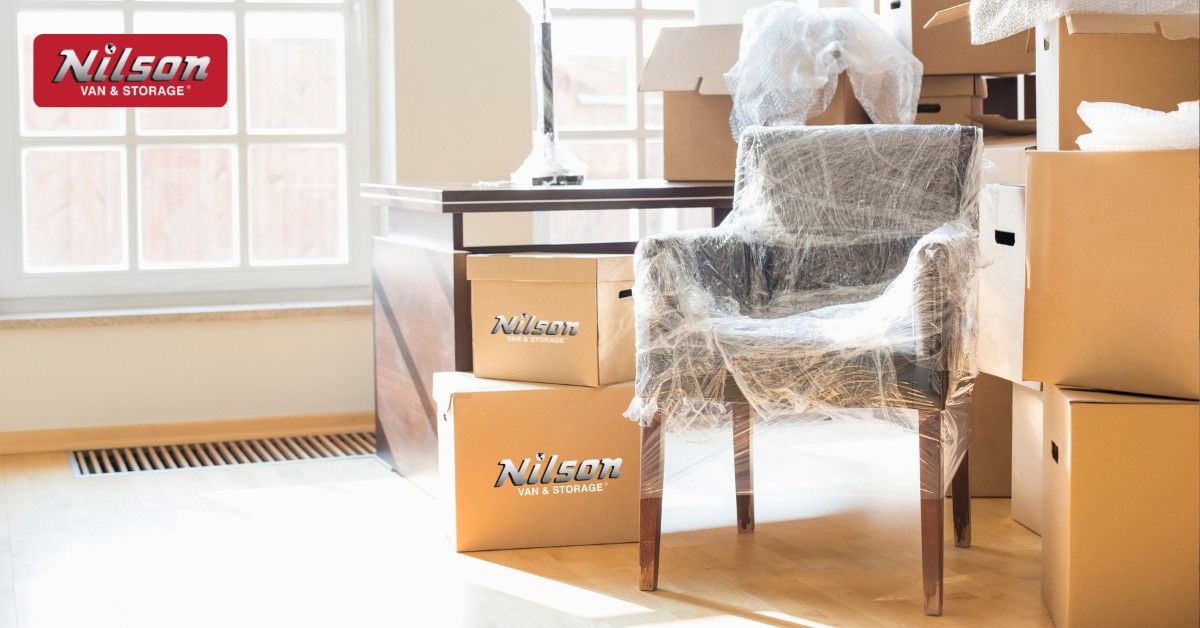
Apr 15, 2025
Benefits of Using Government Movers and Packers For Moving to Los Angeles
Government relocations require meticulous planning, and choosing the right government movers and packers is crucial for a smooth transition to...
Top Tips for Hiring a Long Distance Moving Company in Charleston

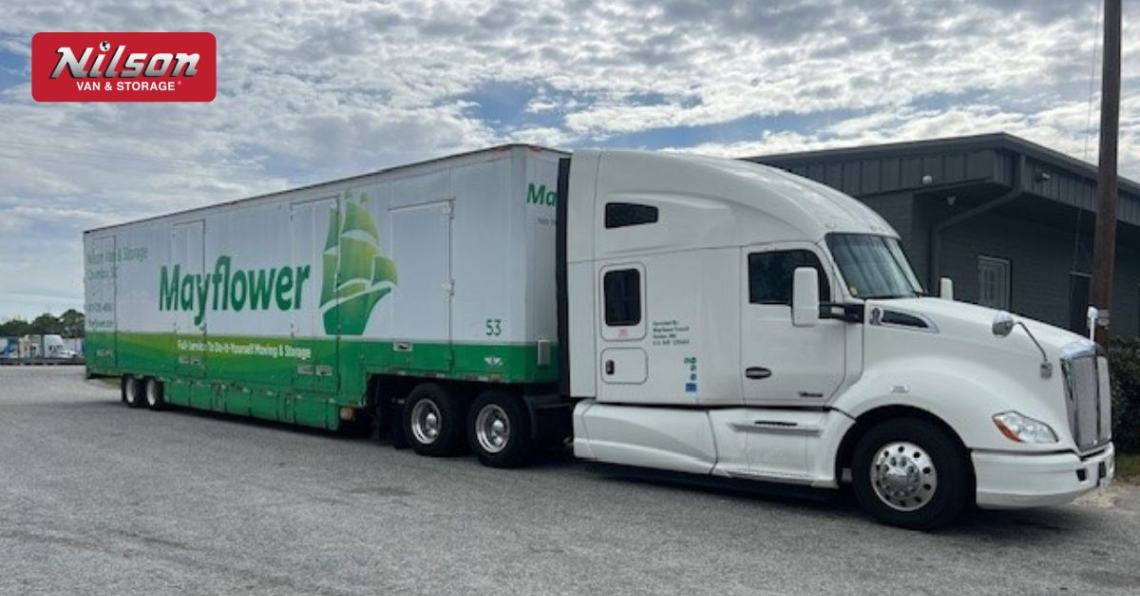
Apr 14, 2025
Top Tips for Hiring a Long Distance Moving Company in Charleston
Long distance moving can be one of the most overwhelming life experiences, especially when you’re relocating to or from a...
How Local Movers in Columbia Can Help with Your Move to Sumter

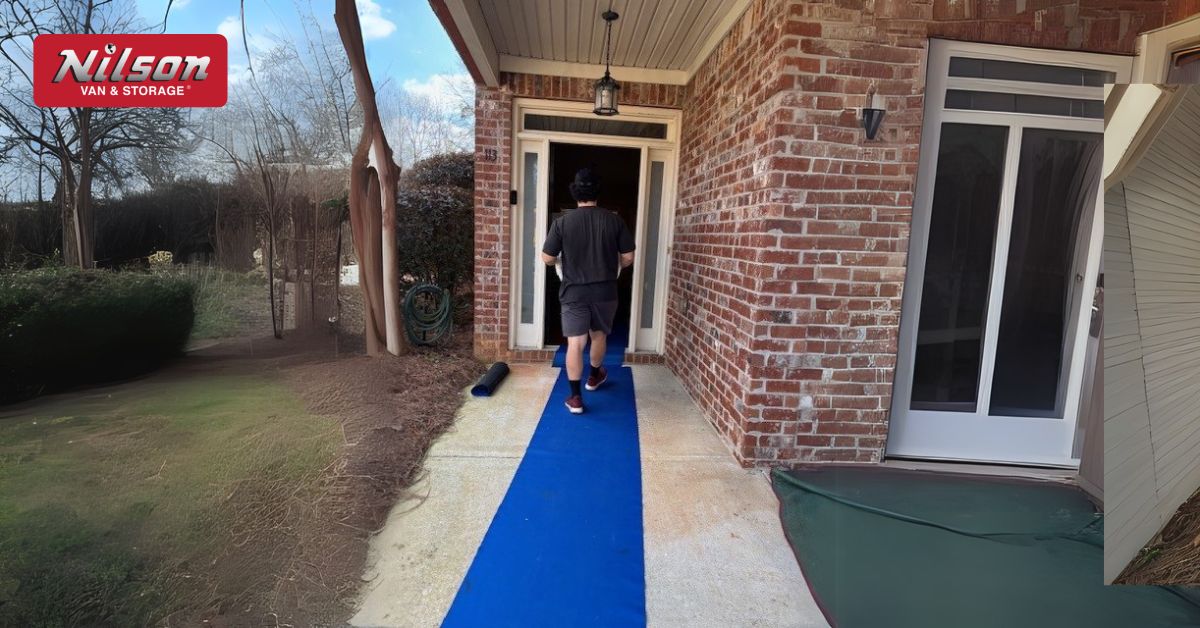
Apr 11, 2025
How Local Movers in Columbia Can Help with Your Move to Sumter
Local movers play a crucial role in turning a stressful relocation into a smooth, efficient process. Whether you’re planning a...
What To Expect From Military Movers During Your Move to Columbia SC
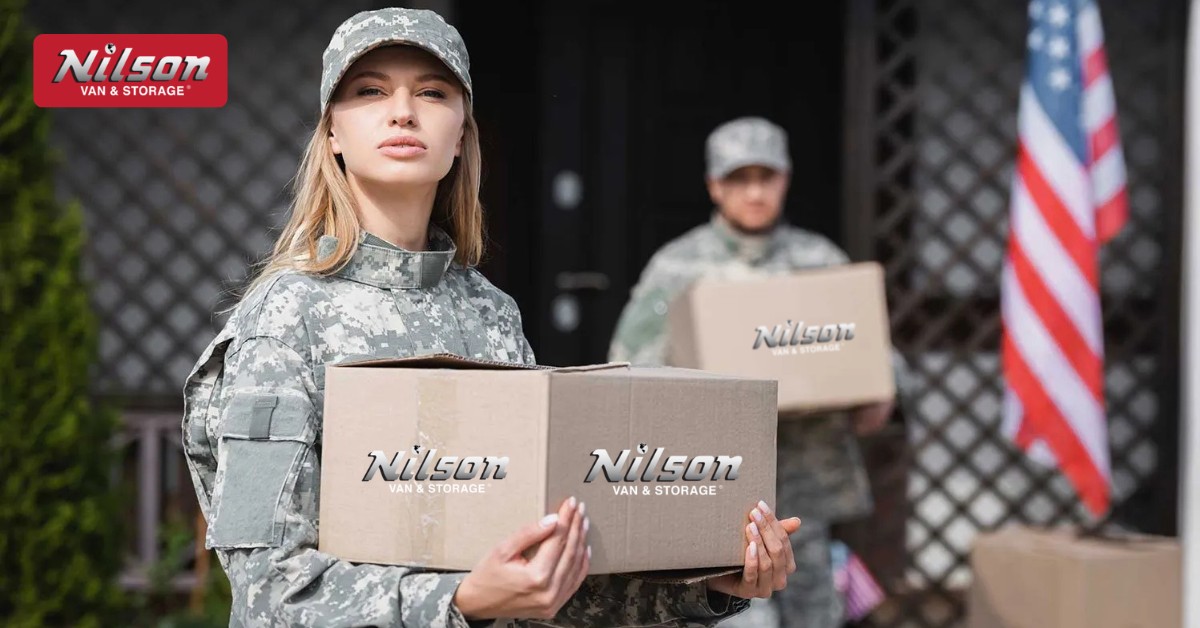

Apr 10, 2025
What To Expect From Military Movers During Your Move to Columbia SC
Military movers play a crucial role in helping service members and their families navigate the challenges of relocation. Whether it’s...
